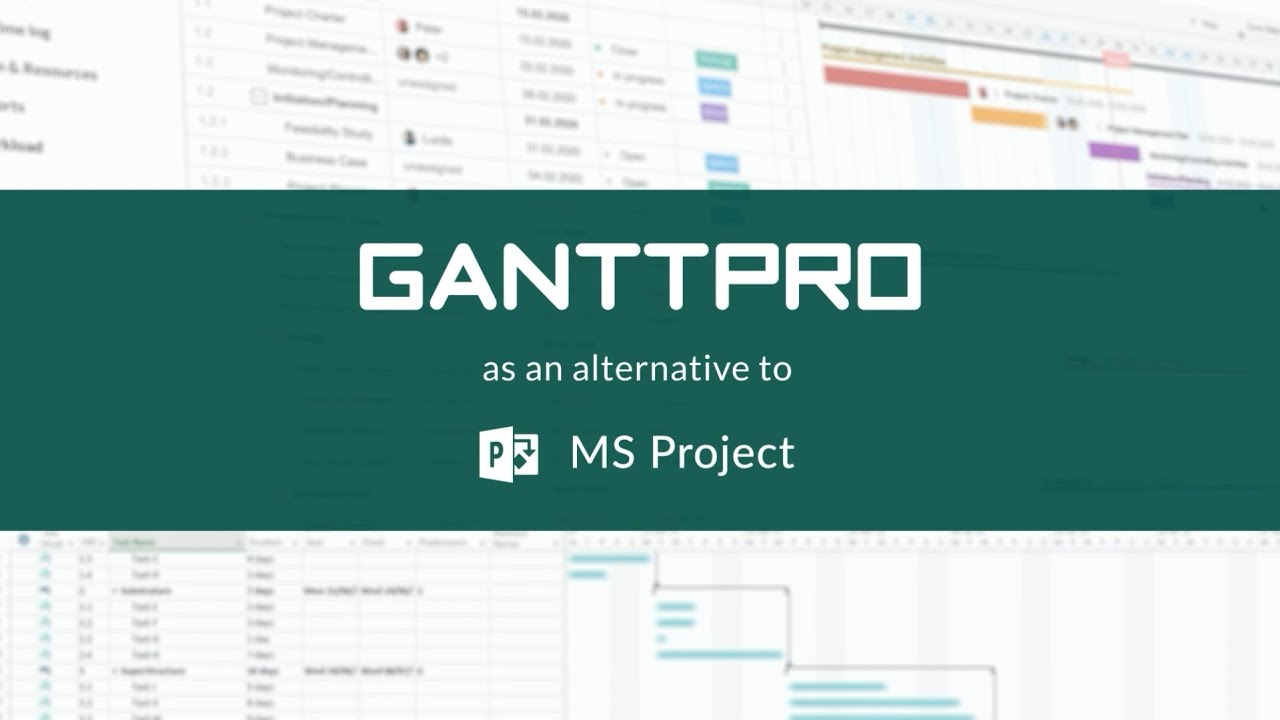What is the role of cost management in project stakeholder management?
Cost management is a crucial aspect in project stakeholder management. It helps to ensure that a project is completed within budget and on time. Proper cost management also helps to minimize risks, ensure project quality and ensure that the project is aligned with the stakeholders’ goals and objectives. The following are the key sub-topics that will be covered in this article:
Importance of cost management in project stakeholder management
Cost management is important in project stakeholder management because it helps to ensure that the project is completed within budget and on time. This is critical in terms of ensuring that the project is aligned with the stakeholders’ goals and objectives and that it meets their expectations. Cost management helps to minimize risks and ensure project quality.
A Gantt chart is an effective tool for tracking project progress and ensuring that the project is completed on time and within budget. There are many online Gantt chart tools such as GanttPRO, Microsoft Project, Wrike, ClickUp, Monday.com, Smartsheet and others that can help with this.
Benefits of cost management in project stakeholder management
Cost management provides several benefits in terms of project stakeholder management. Some of these benefits include:
Improved project alignment: Cost management helps to ensure that the project is aligned with the stakeholders’ goals and objectives. This is critical in terms of ensuring that the project meets their expectations and that they are satisfied with the outcome.
Minimized risks: Proper cost management helps to minimize risks associated with the project. This is critical in terms of ensuring that the project is completed on time and within budget.
Increased project quality: Cost management helps to ensure that the project is of high quality. This is critical in terms of ensuring that the project meets the stakeholders’ expectations and that it is of a high standard.
Improved project efficiency: Cost management helps to improve project efficiency by ensuring that resources are utilized effectively and that the project is completed on time and within budget.
Key principles of cost management in project stakeholder management
The following are the key principles of cost management in project stakeholder management:
Define project scope: It is important to define the project scope in order to ensure that the project is aligned with the stakeholders’ goals and objectives. This is critical in terms of ensuring that the project meets their expectations and that it is completed on time and within budget.
Establish project budget: It is important to establish a project budget in order to ensure that the project is completed within budget. This is critical in terms of ensuring that the project is aligned with the stakeholders’ goals and objectives and that it meets their expectations.
Monitor project progress: It is important to monitor project progress in order to ensure that the project is completed on time and within budget. This is critical in terms of ensuring that the project is aligned with the stakeholders’ goals and objectives and that it meets their expectations.
Re-evaluate project scope: It is important to re-evaluate the project scope in order to ensure that the project is aligned with the stakeholders’ goals and objectives. This is critical in terms of ensuring that the project meets their expectations and that it is completed on time and within budget.
Challenges of cost management in project stakeholder management
Cost management in project stakeholder management is not without its challenges. Some of these challenges include:
Lack of project scope definition: One of the biggest challenges of cost management in project stakeholder management is the lack of project scope definition. Without a clear project scope, it is difficult to ensure that the project is aligned with the stakeholders’ goals and objectives and that it meets their expectations.
Uncertainty in project requirements: Another challenge of cost management in project stakeholder management is uncertainty in project requirements. This can cause the project to change direction or scope, which can result in increased costs and decreased project quality.
Limited resources: A lack of resources can also be a challenge in cost management in project stakeholder management. This can result in increased costs and decreased project quality.
Poor communication: Poor communication between stakeholders can also be a challenge in cost management in project stakeholder management. This can result in misunderstandings and misaligned expectations, which can lead to increased costs and decreased project quality.
Best practices in cost## Best practices in cost management in project stakeholder management
There are several best practices that can be applied to cost management in project stakeholder management. Some of these best practices include:
Define project scope: It is important to clearly define the project scope in order to ensure that the project is aligned with the stakeholders’ goals and objectives and that it meets their expectations. This will also help to minimize risks and ensure project quality.
Establish project budget: It is important to establish a clear and realistic project budget in order to ensure that the project is completed within budget. This will also help to minimize risks and ensure project quality.
Monitor project progress: Regular monitoring of project progress is important in order to ensure that the project is completed on time and within budget. This will also help to minimize risks and ensure project quality.
Re-evaluate project scope: It is important to re-evaluate the project scope on a regular basis in order to ensure that the project is aligned with the stakeholders’ goals and objectives and that it meets their expectations. This will also help to minimize risks and ensure project quality.
Communicate effectively: Effective communication between stakeholders is important in order to minimize misunderstandings and misaligned expectations. This will also help to minimize risks and ensure project quality.
Utilize project management tools: Utilizing project management tools, such as online Gantt chart tools, can help to improve project efficiency and ensure that the project is completed on time and within budget.
In conclusion, cost management is a crucial aspect in project stakeholder management. It helps to ensure that the project is completed within budget and on time, minimize risks, ensure project quality and align the project with the stakeholders’ goals and objectives. By following best practices in cost management, project managers can improve project efficiency and ensure that the project is a success.

